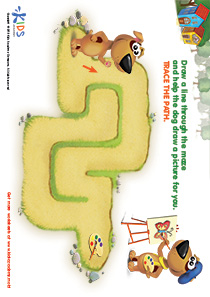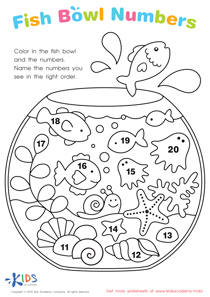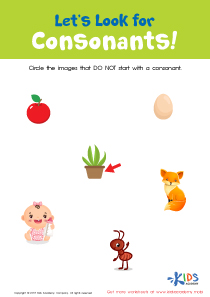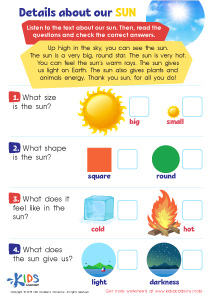Division Quizzes for 9-Year-Olds
2 results
2 filtered results
Clear all filters2 filtered results
-
From - To
Introducing our captivating Interactive Assessment Quizzes, meticulously crafted for 9-Year-Olds to master the concept of Division! Engage your child in a fun-filled learning journey that checks knowledge and instantly provides feedback to encourage continual improvement. Our quizzes are designed to enhance understanding, making the concept of division for 9-Year-Olds not just accessible but truly enjoyable. With interactive elements tailored to young learners, your child will develop their division skills in a supportive and stimulating environment. Dive into our quizzes today and watch your 9-year-old become a division dynamo!
In the world of elementary education, mastering the basics of mathematics is crucial for young learners as they lay the foundation for more complex concepts in the future. Among these foundational skills, division holds a significant place, especially for 9-year-olds who are at a critical stage of their mathematical journey. Recognizing the importance of this, our interactive quizzes on Division for 9-Year-Olds are meticulously designed to assist children in strengthening their division skills in an engaging and effective manner.
At the age of 9, children are typically in the 3rd or 4th grade, where the curriculum expects them to be confident in dealing with basic division problems and understanding the concept of division as sharing or grouping. However, traditional methods of teaching, which often rely heavily on repetition and memorization, may not resonate with every learner. That's where our interactive quizzes on Division for 9-Year-Olds come into play, transforming learning into a fun and interactive experience that appeals to the diverse learning styles of children.
Our quizzes are not just another set of division problems on a page; they are a dynamic and engaging way for children to practice and apply their division skills. Through interactive elements, such as drag-and-drop answers, multiple-choice questions, and instant feedback, children are encouraged to participate actively in their learning process. This interactive approach helps to maintain their interest and motivation, making it easier for them to grasp and retain the concepts of division.
One of the standout features of our interactive quizzes is the adaptive difficulty level. The quizzes are designed to adjust the complexity of the questions based on the child's performance, ensuring that they are neither too easy to be boring nor too hard to be discouraging. This personalized learning experience is crucial for building confidence in 9-year-olds, as it allows them to progress at their own pace and ensures that they are always challenged just enough to keep improving.
Moreover, our interactive quizzes on Division for 9-Year-Olds incorporate a variety of real-world scenarios and problems. This not only makes the learning experience more relatable and engaging for the children but also helps them understand the practical applications of division in everyday life. Such contextual learning is instrumental in helping children realize the value of what they are learning, thereby fostering a more profound and lasting understanding of the subject.
Feedback is another vital component of our quizzes. Instant feedback on each attempt helps children learn from their mistakes immediately, promoting a growth mindset where errors are viewed as opportunities for learning rather than failures. This instant feedback loop also allows for immediate correction and understanding, which is essential for mastering division skills.
In conclusion, our interactive quizzes on Division for 9-Year-Olds are a powerful tool in the arsenal of educational resources for children. By combining interactive elements, personalized difficulty levels, real-world applications, and instant feedback, these quizzes not only make learning division fun and engaging but also highly effective. They serve as an excellent supplement to traditional classroom teaching, helping children to build a strong foundation in mathematics that will benefit them throughout their educational journey and beyond.











